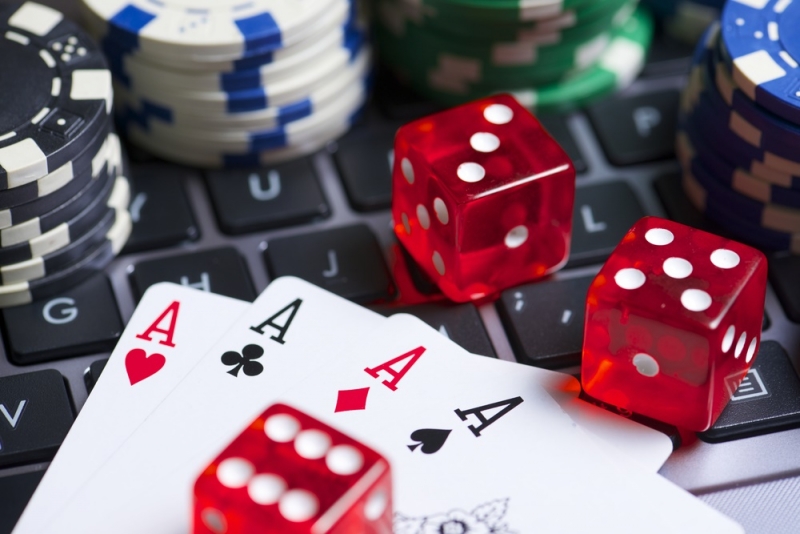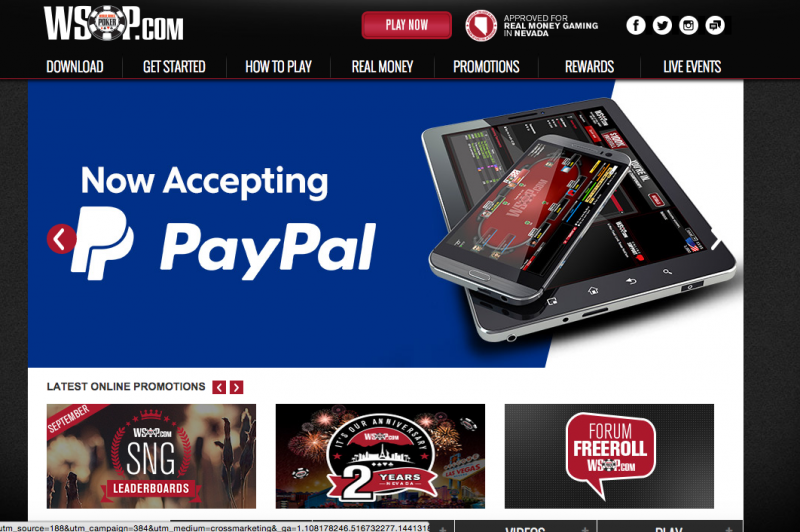
It’s been 12 years since PayPal supported online gaming in the United States, but now, two months after splitting from eBay, the company has started appearing as an accepted payment method on several US gambling sites including Caesars Interactive’s WSOP.com.
After it merged with eBay in 2003, PayPal said goodbye to the US online gaming sector - something it saw as a source of excessive financial risk. Howard Mason, a financial analyst at SSR, pointed out that online gambling is second only to adult entertainment when it comes to being targeted by fraudsters. He added that since 2003 the company has invested heavily in fraud risk management.
PayPal had been popular in the US online gambling industry before its self-imposed ban, but the increasing risks and the number of regulators questioning its legality resulted in the company’s 12-year hiatus.

A spokesperson for PayPal said that the integration with gambling sites was a limited test with four operators including Caesars Entertainment. The company still prohibits transactions for gambling except for approved merchants in locations where gambling is not illegal. The only US states that have officially legalized online gambling are Nevada, New Jersey and Delaware.
Insiders say that PayPal has been working on this move for more than a year, although the company hasn’t gone out of its way to make the news of its return to the online gambling sector public. It’s thought that the reason behind this relative silence is because of the often negative perception that still surrounds online gambling, and perhaps PayPal’s fears that its reputation may be tarnished in states where the activity is illegal.
Gambling is big business in the US; overall casino revenue for the whole of the country is estimated to be more than $70 billion annually. Should more states legalize online gambling, PayPal may find it to be a lucrative new source of revenue that could be worth $5.2 billion by 2020, according to research from Morgan Stanley.
image credit: pedrosala / shutterstock
https://www.techspot.com/news/62141-paypal-quietly-returning-us-online-gambling-industry-after.html